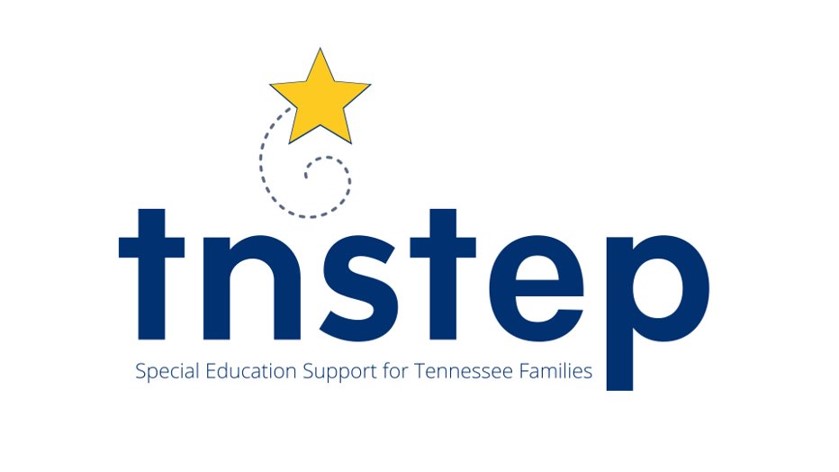Families are adapting to the developing changes in daily life caused by the COVID-19 pandemic. Schools, places of public gathering, and nonessential businesses are closed, and parents/caregivers are faced with helping their families adjust to the new normal. We at STEP understand how challenging it can be to keep children occupied and feeling safe, as well as trying to continue at-home learning to the best of your ability.
The following resources offer tips for families including those with additional needs and disabilities, during the coronavirus (COVID-19) outbreak:
Education System Links
- Tennessee Department of Education guidance on services to students with disabilities.
- Updated Guidance (March 27, 2020)
- Special Education Related FAQ Sheet
- School Closures and Special Education: Guidance on Services to Students with Disabilities UPDATED: March 25, 2020
- School Closure Toolkit: Special Populations
- Services to Students with Disabilities COVID-19 Guidance
- Suggestions for ESL Classes and Activities: COVID-19 Guidance
- The U.S. Department of Education guidance related to the provision of special education and related services during school closings or virtual settings.
- The U.S. Department of Education website page to address COVID-19 ed.gov/coronavirus
- The Family Network on Disabilities (FND) provides English and Spanish versions of a visual resource that describes the Department of Education guidance for serving children with disabilities during the pandemic.
Other Resources
- The Centers for Disease Control and Prevention (CDC) maintains a page to track national news and updates related to the outbreak.
- A simply written 8-page booklet about Coronavirus, created by and for individuals with intellectual and developmental disabilities, is available for download from the Center for START Services at the University of New Hampshire Institute on Disability.
- Protecting Immigrant Families provides a downloadable fact sheet called You Have Rights: Protect Your Health. The website offers updates from U.S. Citizenship and Immigration Services (USCIS). In March 2020, USCIS announced that immigrants can seek testing, treatment, and prevention of COVID-19 without immigration consequences despite a public charge rule that went into effect in February.
- The Centers for Medicare and Medicaid have relaxed rules in order to give states more flexibility in providing medical and early learning services through remote technologies. The Early Childhood Technical Assistance Center (ECTA) has a webpage on teleintervention. Topics include training for families learning to navigate technology for online learning and appointments.
- PsychCentral.com suggests 7 Telehealth Activities ABA Providers Can Use with Children with ASD [Autism Spectrum Disorder].
- The Child Mind Institute provides access to live video chats with clinicians, telemedicine and more. The agency provides guidance in English and Spanish and offers parents an opportunity to sign up for a COVID-19 tip of the day.
- The Branch, a program of PAVE, provides sample documents and medical guidance for family caregivers who are responsible for children because of a parent’s military service.
- Autism Focused Intervention Resources and Modules (AFIRM) provides toolkits for caregivers supporting individuals with autism during this pandemic.
- The US Department of Agriculture provides guidance about Food and Nutrition services, including information about waivers available because of the pandemic.
Tennessee families can contact our STEP Team for assistance with navigating special education services.
| EAST TENNESSEE 423.639.0125, ext. 17 [email protected] |
MIDDLE TENNESSEE 615.463.2310 [email protected] |
WEST TENNESSEE 901.726.4334 [email protected] |
| ESPAÑOL: 800.975.2919 423.290.3391 [email protected] |
YOUTH SERVICES 615.693.2547 [email protected] |
GENERAL INFORMATION 800.280.7837 [email protected] |

